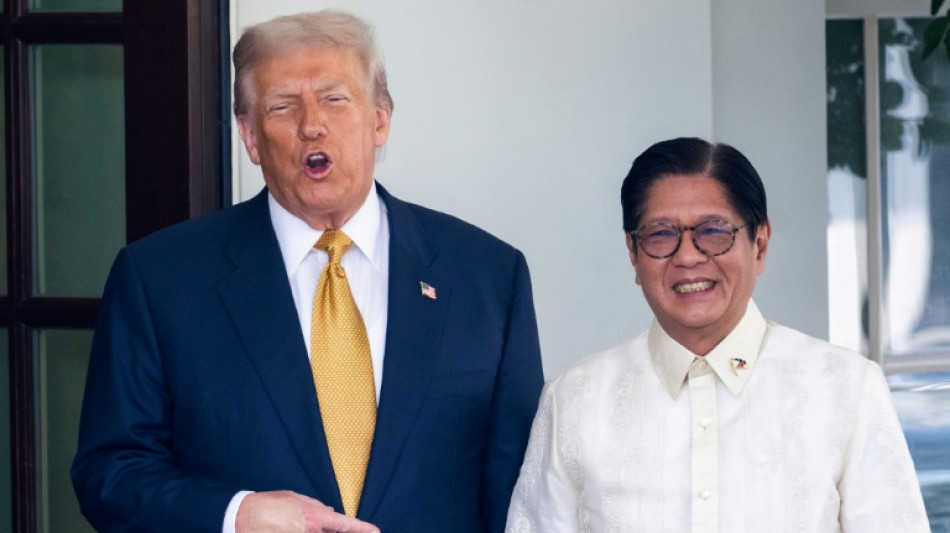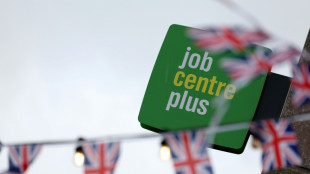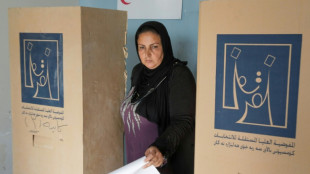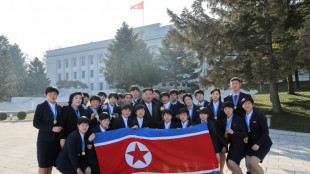

Tariff negotiations with US 'not finished', says Philippines
Negotiations over the Philippines' new 19 percent US tariff rate are "not finished", a key government economic adviser said Thursday, tamping down fears over the deal's potential impact on the agriculture sector.
President Ferdinand Marcos flew back to the country late Wednesday after a three-day trip to Washington that saw him emerge from a meeting with Donald Trump having shaved a single point off a 20 percent levy on Filipino goods.
What might "seem like a very small concession" was in fact a "significant achievement", Marcos told reporters who questioned if the Philippines -- a longtime US treaty ally -- was getting the short end of the stick.
The US president, meanwhile, touted "zero tariffs" on American goods headed to the archipelago nation of 115 million.
But Marcos economic adviser Frederick Go said Thursday that tariffs would not be dropped in every category.
"The negotiations are not yet finished. Our technical working groups will continue to work with their counterparts from America to finalize the details of this arrangement," he told reporters in Manila.
"There are still many things to be discussed."
Since the Trump meeting, the Marcos administration has downplayed the potential effects of the tariffs, noting just 16 percent of the country's exports go to the United States, with about two-thirds being electronic components not subject to levies.
On Thursday, Go said that while tariffs would disappear for certain agricultural products like soy and wheat, key areas such as sugar, corn, rice, fish and pork would remain protected for Filipino farmers.
"I can guarantee to you we studied our biggest industries in the country where we are a significant market producer. We didn't include those in our arrangements with the United States," he said.
Go also touted the benefit to Filipino consumers of dropping some tariffs, particularly on pharmaceuticals.
"Medicines are expensive in the Philippines. If they are tariff-free, then that can lower the price of medicine in our country," he said.
Jesus Felipe, an economics professor at Manila's De La Salle University, told AFP the actual number of Philippine exports hit by the full tariff would likely be low.
"That's the number (19 percent) that has been flagged, but our feeling is that many products -- a substantial share of Philippine exports to the US -- will have to be exempted."
While predicting the effect on Philippine GDP would effectively be "nothing", Felipe said the "imperialist attitude" with which the United States was treating smaller countries remained worrying.
Countries with far larger US trade deficits like China, Mexico and Canada had "much more power and leverage" to fight back, he said.
"The Philippines cannot retaliate."
G.Vogl--MP




